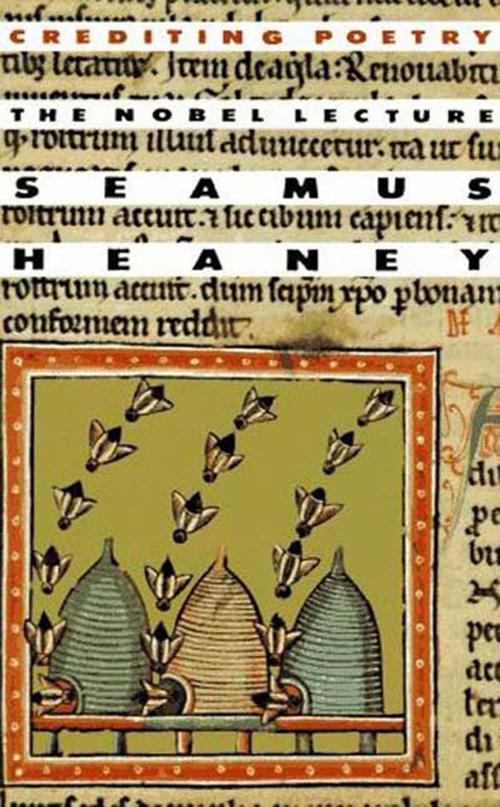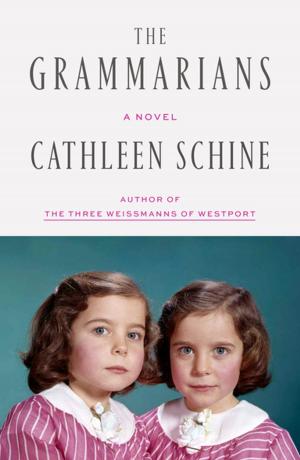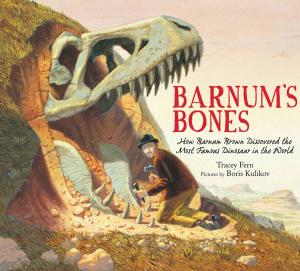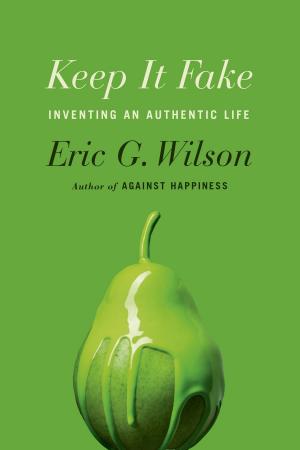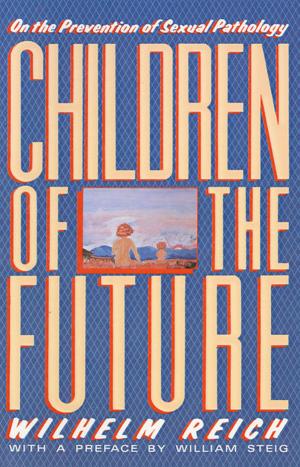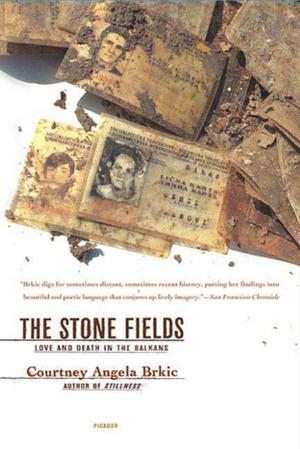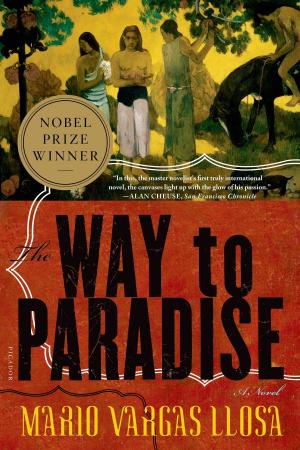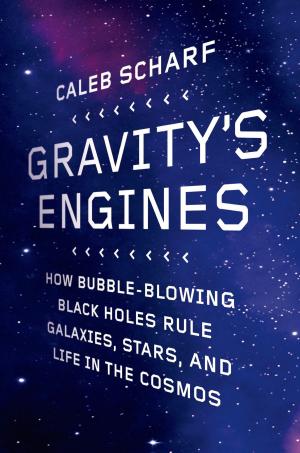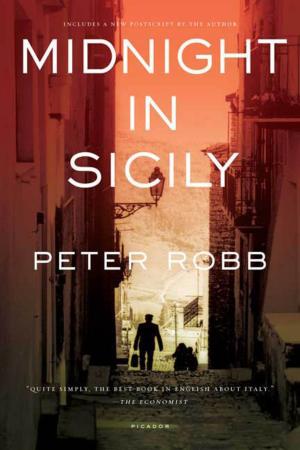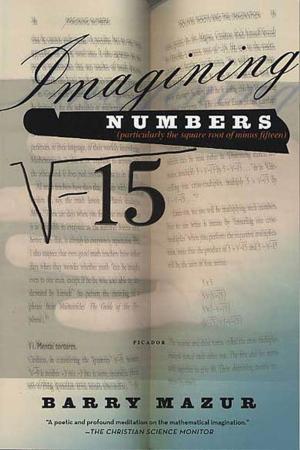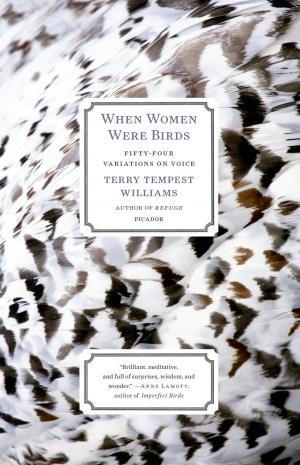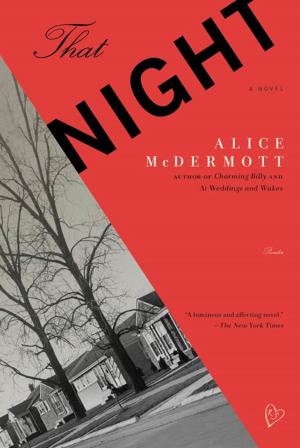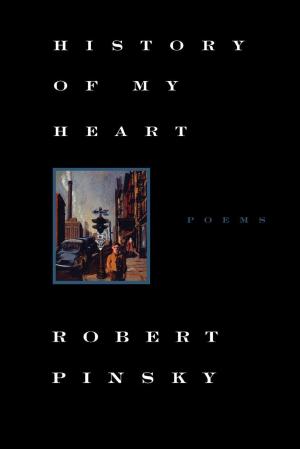Crediting Poetry
The Nobel Lecture
Fiction & Literature, Literary Theory & Criticism, Poetry History & Criticism| Author: | Seamus Heaney | ISBN: | 9781466855663 |
| Publisher: | Farrar, Straus and Giroux | Publication: | January 13, 2014 |
| Imprint: | Farrar, Straus and Giroux | Language: | English |
| Author: | Seamus Heaney |
| ISBN: | 9781466855663 |
| Publisher: | Farrar, Straus and Giroux |
| Publication: | January 13, 2014 |
| Imprint: | Farrar, Straus and Giroux |
| Language: | English |
Seamus Heaney's Nobel Lecture, captured here in Crediting Poetry, is a powerful defense of poetry as "the ship and the anchor" of our spirit within an ocean of violent, divisive politics and "world-sorrow." Beginning with the "creaturely existence" of his childhood in a thatched farmstead in rural County Derry, Heaney traces his path in "the wideness of language." It is a way forged by listening: to the "burbles and squeaks" of BBC and Radio Eireann from a wireless speaker, to the triple-rhyme in a line of Yeats', but also to the sound of gunfire in Ulster and the keening desolation of all the "wounded spots on the face of the earth." Out of all these sounds Heaney discovers the necessity of poetic order--"an order where we can at last grow up to that which we stored up as we grew."
It is poetry's ability to convey the forces of the marvelous and the murderous together, Heaney writes, that gives it "at once a buoyancy and a holding," and persuades us of its "truth to life." Heaney's lecture not only finds a way of crediting poetry "without anxiety or apology," but it persuades us, eloquently and gracefully, of the "rightness" and "thereness" of our veritable human being.
Seamus Heaney's Nobel Lecture, captured here in Crediting Poetry, is a powerful defense of poetry as "the ship and the anchor" of our spirit within an ocean of violent, divisive politics and "world-sorrow." Beginning with the "creaturely existence" of his childhood in a thatched farmstead in rural County Derry, Heaney traces his path in "the wideness of language." It is a way forged by listening: to the "burbles and squeaks" of BBC and Radio Eireann from a wireless speaker, to the triple-rhyme in a line of Yeats', but also to the sound of gunfire in Ulster and the keening desolation of all the "wounded spots on the face of the earth." Out of all these sounds Heaney discovers the necessity of poetic order--"an order where we can at last grow up to that which we stored up as we grew."
It is poetry's ability to convey the forces of the marvelous and the murderous together, Heaney writes, that gives it "at once a buoyancy and a holding," and persuades us of its "truth to life." Heaney's lecture not only finds a way of crediting poetry "without anxiety or apology," but it persuades us, eloquently and gracefully, of the "rightness" and "thereness" of our veritable human being.
